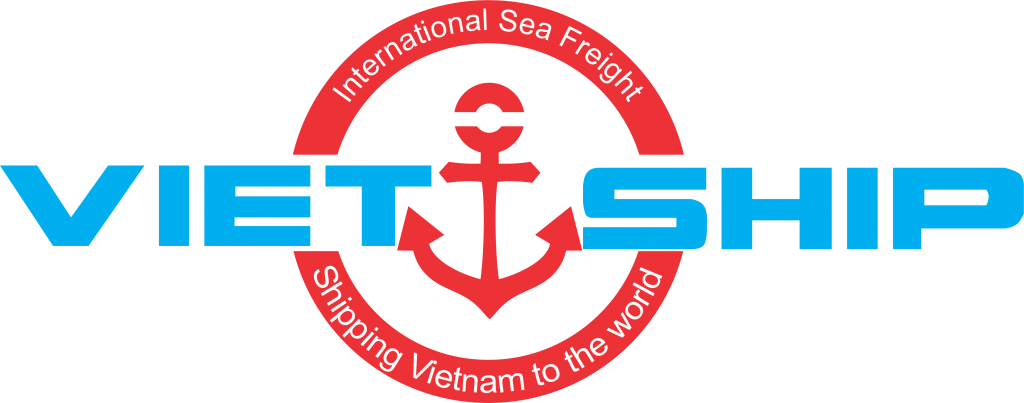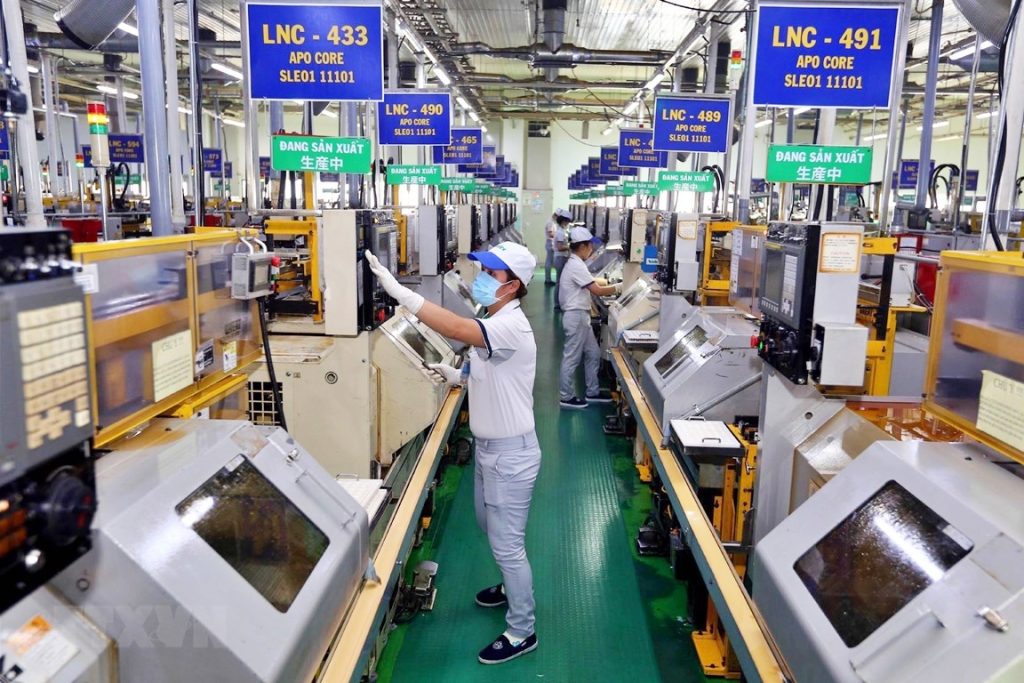Streamlining Procedures and Decentralizing Power: Vietnam’s Push to Attract Foreign Logistics Investment
Vietnam is stepping up reforms to simplify administrative procedures and empower local authorities, aiming to create a more business‑friendly environment for foreign investors in logistics and trade activities. The shift reflects a broader restructuring effort designed to reduce red tape, speed up decision-making, and strengthen economic integration at provincial and regional levels.

Why Streamlining Matters for Foreign Investors
Complex bureaucratic hurdles have historically hindered foreign investors, particularly in logistics—a sector vital to Vietnam’s export‑oriented economy. Inflexible procedures and overlapping central agency approvals raise costs and create delays. Recognizing the issue, the government launched reforms to:
-
Delegate approval powers to local governments, allowing decisions to be made more swiftly at the provincial level.
-
Simplify or cut hundreds of administrative procedures, aligning with national goals to improve competitiveness and attract FDI.
-
Transition toward electronic, data‑driven services, making application and reporting processes more transparent and efficient.
These measures align with the principle of “local autonomy for service delivery and accountability,” enabling provincial governments to issue trade, distribution, and logistics-related permits and licenses.
Key Reforms Unlocking Investment in Trade and Logistics
1. Decentralized Approval Authority
Under recent updates, provincial People’s Committees now have the power to grant or renew licenses for trading and distribution activities involving foreign-invested enterprises (FIEs). This includes permits to operate retail outlets, distribution centers, and other logistics-related facilities—avoiding burdensome central-level administration.
2. Simplified Licensing Framework
A major overhaul of licensing regulations means:
-
Foreign investors face fewer documents to submit.
-
Authorities can process applications faster with standardized formats.
-
Applications are streamlined into fewer procedural steps across planning, licensing, and inspections.
This is especially beneficial for logistics firms seeking permits for bonded warehouses, distribution hubs, and supply-chain services.
3. Unified Legal and Institutional Coordination
To avoid fragmentation, the reform drives authorities to consolidate regulations and clarify overlapping mandates among ministries like Trade, Industry, Transport, and local governments. This helps ensure consistent interpretation and enforcement of policies affecting foreign logistics companies.
4. Digital Transformation & Transparency
Key reforms focus on digitizing permitting processes through centralized platforms and online portals. Electronic submissions, status tracking, and digital signatures reduce face-to-face contact and shorten processing times—enabling logistics investors to monitor approvals and compliances in real time.
Benefits for Foreign Logistics Investors
-
Faster Set-up & Market Entry
Investors no longer need to navigate multiple layers of approval in Hanoi or Ho Chi Minh City—provincial authorities can issue necessary trade and logistics permits directly, accelerating project launch. -
Reduced Administrative Costs & Delays
Removing redundant paperwork and consolidating procedures lowers compliance costs, and clears the path for smoother operational planning in warehousing, transport, and distribution. -
Greater Local Engagement
By involving provinces directly, logistics projects can better align with regional needs—leading to improved site selection, investment incentives, or infrastructure coordination at the local level. -
Regulatory Consistency for Trade Activities
Uniform licensing rules across provinces support predictability for foreign-invested logistics operators expanding into multiple Vietnamese cities.
What Foreign Logistics Investors Should Do Next
-
Explore provincial partnerships for approvals and licensing instead of relying solely on central-level applications.
-
Prepare electronic documentation in advance to expedite permits via online government platforms.
-
Understand newly delegated authorities, such as which permits have been fully transferred to provincial committees.
-
Engage local logistics consultants or investment service providers in each province to support licensing, inspections, and compliance.
Future Outlook
Vietnam’s continued drive to decentralize administrative decision-making and simplify procedures is setting a new standard for foreign investment in the logistics sector. As the government rolls out further reforms, including broader public–private collaboration and green logistics initiatives, the country becomes increasingly attractive to international logistics operators.
Read more:
Dịch Vụ Vận Chuyển Đồ Thờ Từ Hải Phòng Đi Canada Uy Tín, An Toàn
Dịch vụ booking tải từ Hồ Chí Minh đi Ấn Độ

